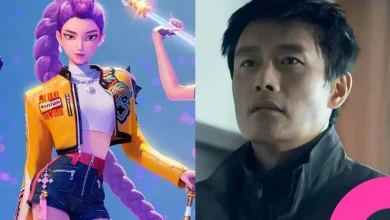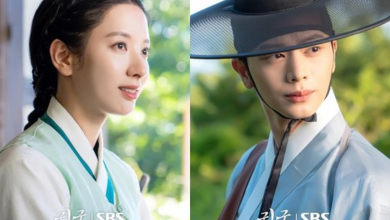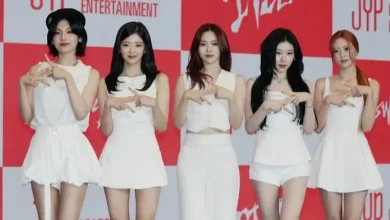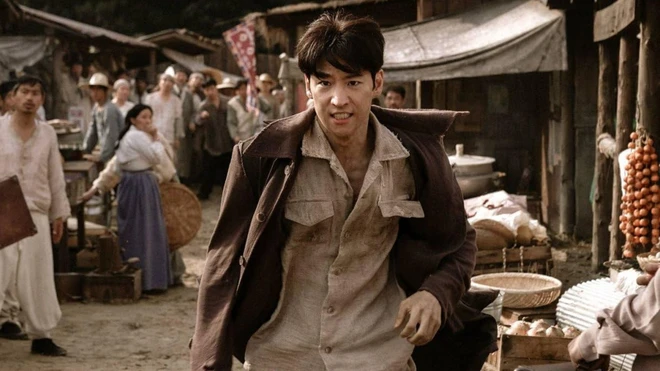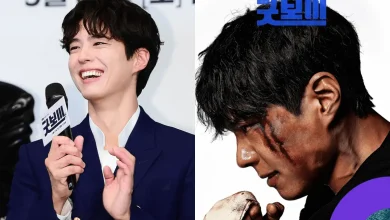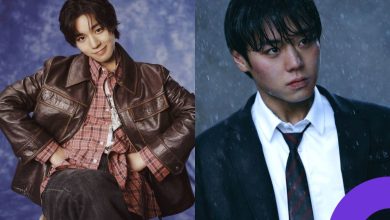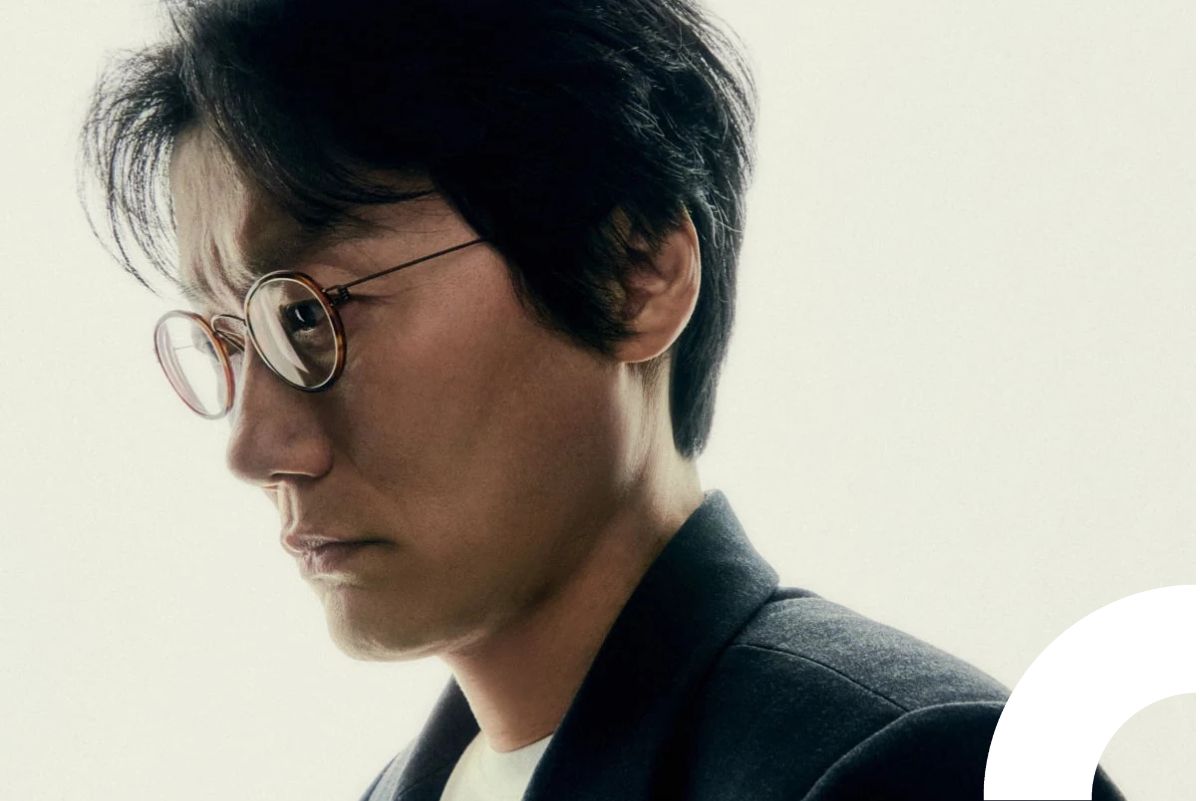
In an interview for Netflix’s original series Squid Game Season 3 held on June 30 at a café in Jongno-gu, Seoul, director Hwang Dong-hyuk was asked about his feelings on completing the final season. “I feel relieved,” he began, noting that after dedicating six years solely to the Squid Game series, he now wants to take a break.
The Squid Game series follows people risking their lives for a 45.6 billion won cash prize. When Season 1 premiered in 2021, it shattered Netflix’s all-time viewership records, sparking a global phenomenon. It also won an Emmy, one of the four major awards in American entertainment, and swept various award ceremonies, earning both commercial success and critical acclaim.

After Season 1, Hwang Dong-hyuk had declared, “Writing the script cost me six teeth, and there won’t be a follow-up.” However, due to its explosive success, Seasons 2 and 3 were greenlit for simultaneous production. After over a year of filming, Season 2 was released in December 2024, and Season 3 on June 27, 2025.
According to the OTT ranking site FlixPatrol, Squid Game Season 3 topped charts in 93 countries, including the US, UK, Canada, France, Switzerland, Belgium, Australia, Japan, Philippines, Taiwan, and Thailand, proving its overwhelming global popularity. However, reactions to the content were mixed. Hwang acknowledged this, saying, “I understand all opinions,” and candidly admitted the challenge of surpassing Season 1’s impact.

Below is a Q&A with Director Hwang Dong-hyuk:
Note: The interview contains spoilers.
Q: The six-year journey has come to an end.
I feel relieved. It took about six years from starting the script to this moment. Season 1 achieved great success with little expectation, but Seasons 2 and 3 came with immense pressure due to high expectations. Finishing it feels like putting down a heavy burden. I’m grateful and a bit empty, wondering when I’ll make another work with such anticipation.
Q: How did you view the reactions?
The overseas promotion schedule was intense. I couldn’t sleep for a month due to jet lag, and my health suffered, so I couldn’t check all the reactions. Some loved it, others had complaints, and I understand both. Season 1 was shocking and fresh because there were no expectations. It satisfied with its games and social messages. But for Seasons 2 and 3, people wanted different things—more exciting games, stronger social messages, or their favorite characters to shine. That’s why reactions are polarized.
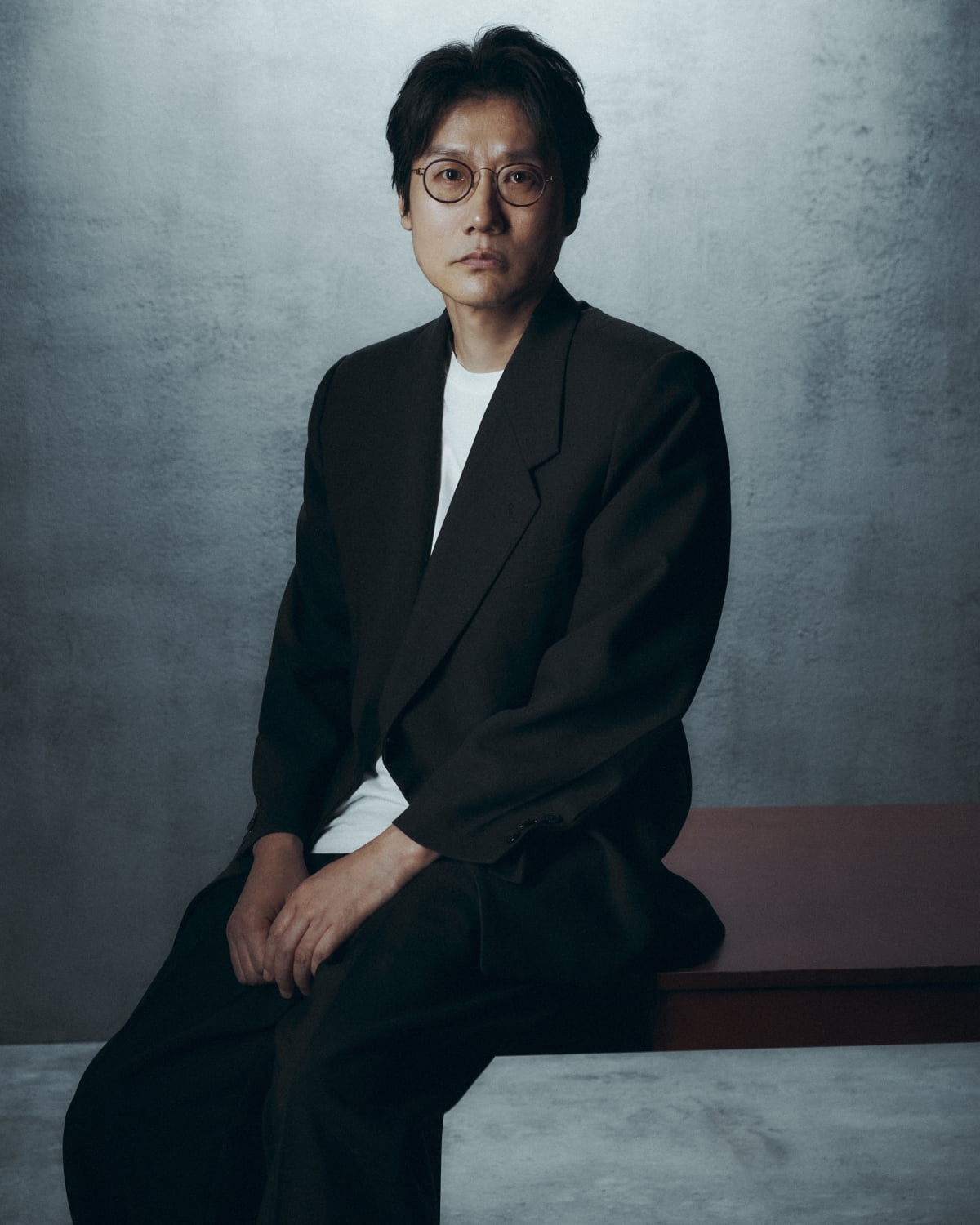
Q: Was Gi-hun’s death always planned?
Initially, I envisioned a happy ending where Gi-hun survives, leaves, and meets his daughter in the US. But as I wrote, my thoughts changed. Reflecting on the story and societal issues—post-COVID economic crises, growing inequality, and threats of war and nationalism—I thought about what world we’re leaving for future generations. Young people are losing dreams and hope, so I felt the older generation should stop taking and give back. That’s why I introduced the child as a symbol of hope and future. Gi-hun’s sacrifice for the child was the story I wanted to tell.
Q: Some criticized using the child as a mere symbol, and Geum-ja (Kang Ae-sim) sacrificing her son for a baby caused confusion.
I saw the child as a symbol, not a literal figure to be raised. Geum-ja’s act was to stop her son from committing a horrific murder. Stabbing his shoulder was an instinctive act to halt him, not to kill. I hope viewers understand it that way.
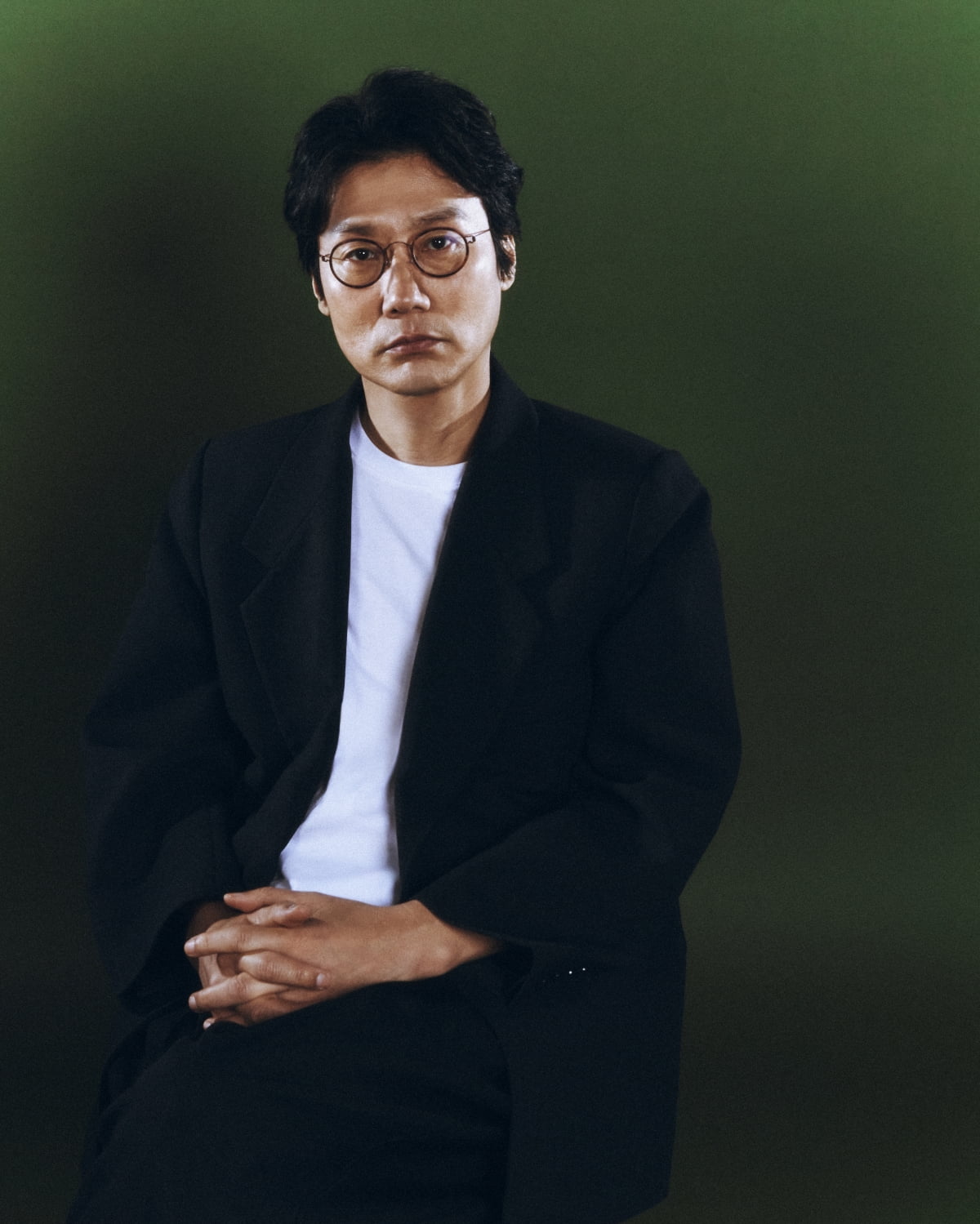
Q: Isn’t Seong Gi-hun the ultimate symbol of Squid Game?
Gi-hun is inseparable from the story. In Season 1, he’s a foolish, pathetic loser who awakens his conscience and transforms. Lee Jung-jae portrayed this brilliantly. He dieted for a year during Seasons 2 and 3, eating only boiled vegetables, which was inspiring. Unlike Season 1, where he could eat and drink, he isolated himself for these seasons, mirroring Gi-hun’s alienation. I’m deeply grateful for his dedication.
Q: Some found Gi-hun frustrating.
The story wasn’t about making Gi-hun a hero. The Front Man mocks him for “playing hero.” He’s not a character with special abilities, so his final choice was the best he could do. It might feel frustrating, but I believe ordinary or even flawed people, not just a few leaders, change the world. That’s why his struggle fits.
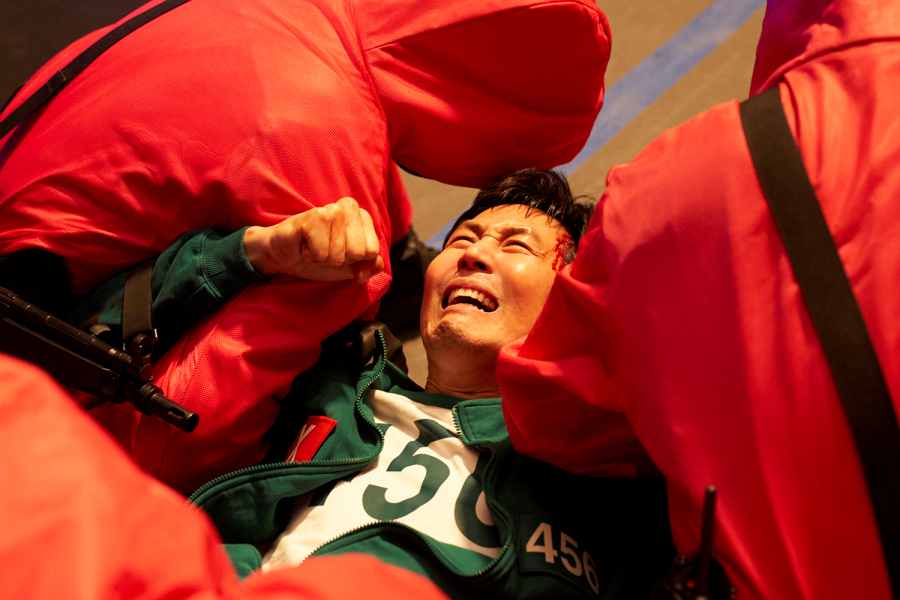
Q: Seasons 2 and 3 featured many famous actors, leading to comments that the casting itself was a spoiler.
I didn’t cast based on fame. I wrote characters and chose actors who fit. Surviving longer doesn’t mean someone’s more famous—Kang Ha-neul dies before Im Si-wan, but he’s not less known. I focused on how characters die, not when, rather than their fame.
Q: TOP (Choi Seung-hyun), a hot topic since Season 2, joined the Season 3 US promotion. He must be grateful.
It was TOP’s first public activity in a while, and he was nervous. Overseas fans loved his Thanos character, which gave him confidence. He thanks me profusely, almost to an overwhelming degree (laughs). But I didn’t cast him to “save” him; I thought he’d rested enough and fit Thanos perfectly. Not everyone has forgiven him, but I hope he shows a good side to win over those still upset.
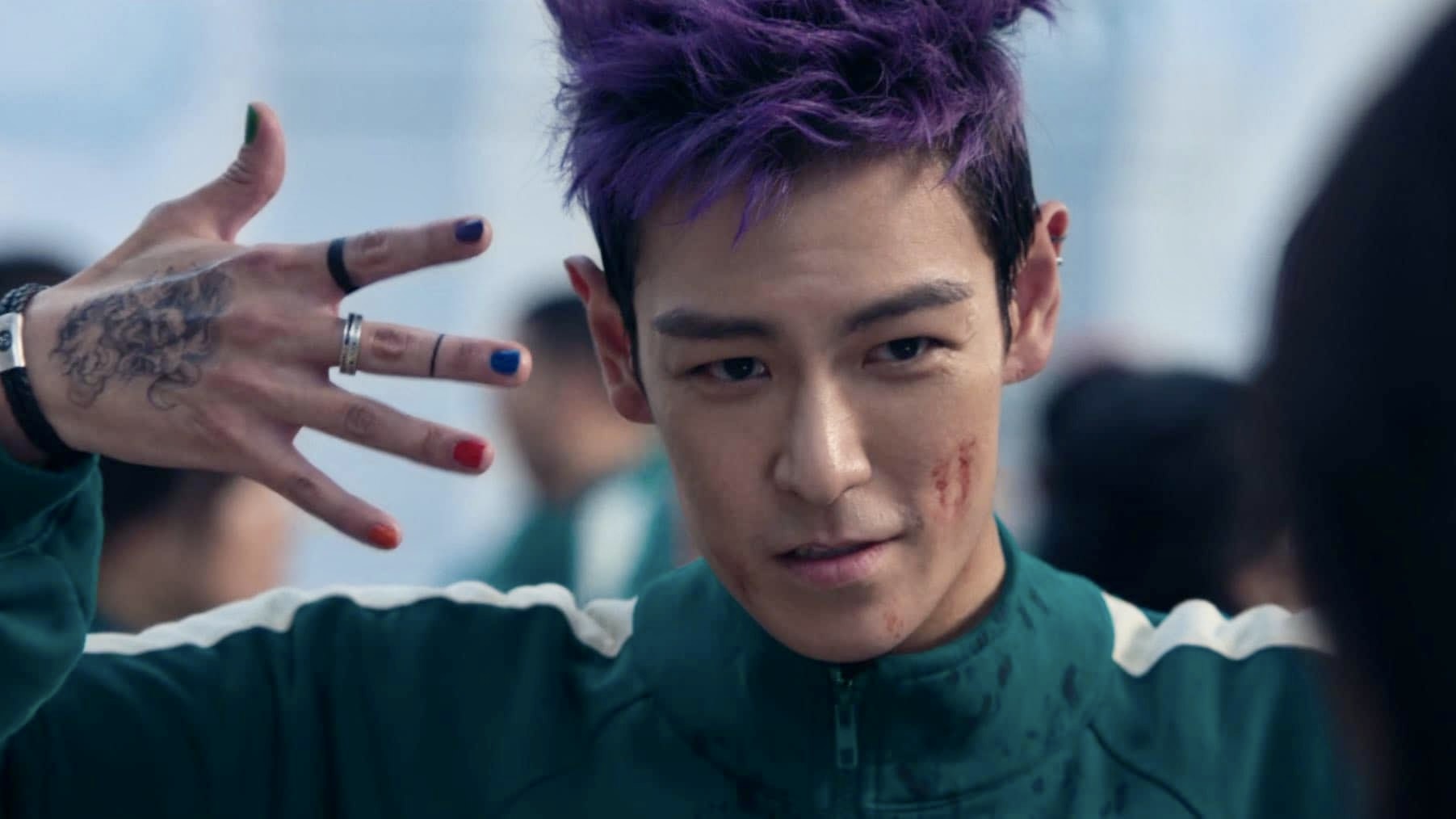
Q: The shaman character (Chae Gook-hee) also drew attention.
I wanted a wild character like Han Mi-nyeo from Season 1. Shamans are a symbolic part of Korean society, like in recent hits like K-pop Demon Hunters. My grandmother was once scammed by a shaman whose powers came and went, so I wanted to depict that kind of figure. The shaman’s inconsistent powers reflect Gi-hun and the child’s fate.
Q: How did you create the Front Man?
I imagined him feeling inferior to Gi-hun, wanting to corrupt and break him by dragging him into the game and giving him a knife. Yet, he also hopes Gi-hun overcomes the test. When Gi-hun chooses to protect the child, I think the Front Man respects him, delivering his belongings to his daughter and destroying the game site as an admission of defeat.
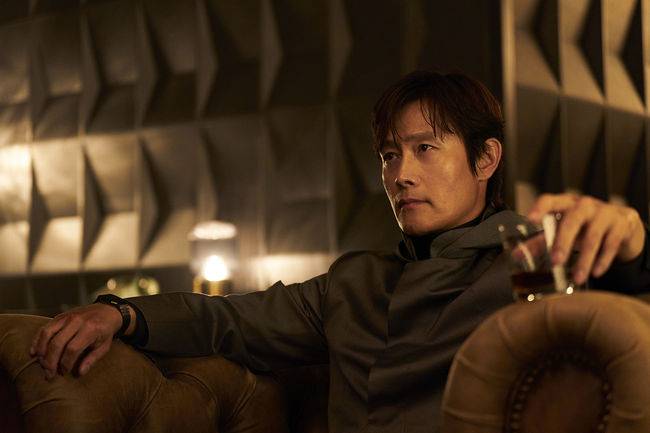
Q: In the final game, everyone but Gi-hun seemed like a villain.
I wanted the ending to be dark, showing a spark of humanity in a hopeless place. Nam Ki (Im Si-wan) lacks trust in humanity, living selfishly and believing he’s “less bad” than the world. When only three remain, he assumes Gi-hun will kill him and take the child, so he tries to stop Gi-hun and throws the child, rationalizing it with cognitive dissonance, thinking, “This might not be my child.” That’s the worst of human selfishness.
Q: What’s a memorable moment from the six years?
Filming Gi-hun’s fall was unforgettable—the most striking expression of his I’ve seen. It was tough, and both the actor and I felt, “This is the end.” Afterward, we ate and drank together for the first time.
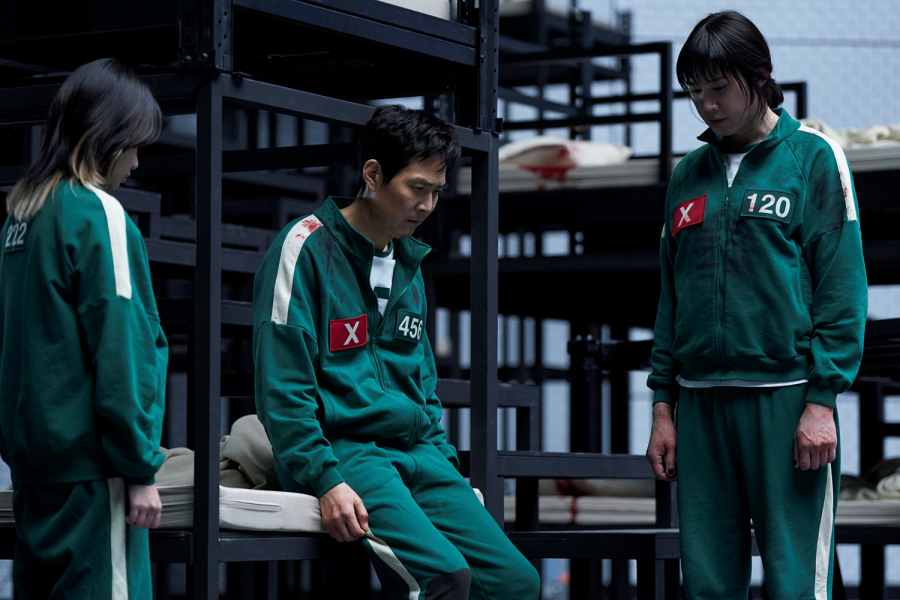
Q: Does Gi-hun’s death mean no more Squid Game?
Yes (laughs). His journey told the story I wanted, so there’s no more Squid Game. Kate Blanchett’s appearance isn’t a hint at another season. I considered an ending where Gi-hun sees another ddakji man in the US, but his death closed the story. Rumors of a Hollywood version with me directing and Blanchett starring are untrue.
Q: Some were disappointed with the outside world, especially Jun-ho (Wi Ha-jun).
Jun-ho was meant to solve the game with Gi-hun, but the ending changed, so he arrived late (laughs). I wanted him to confirm his brother’s situation, and the Front Man chose him to raise the child, knowing he wouldn’t squander the 45.6 billion won. Plus, he has a mom (laughs).
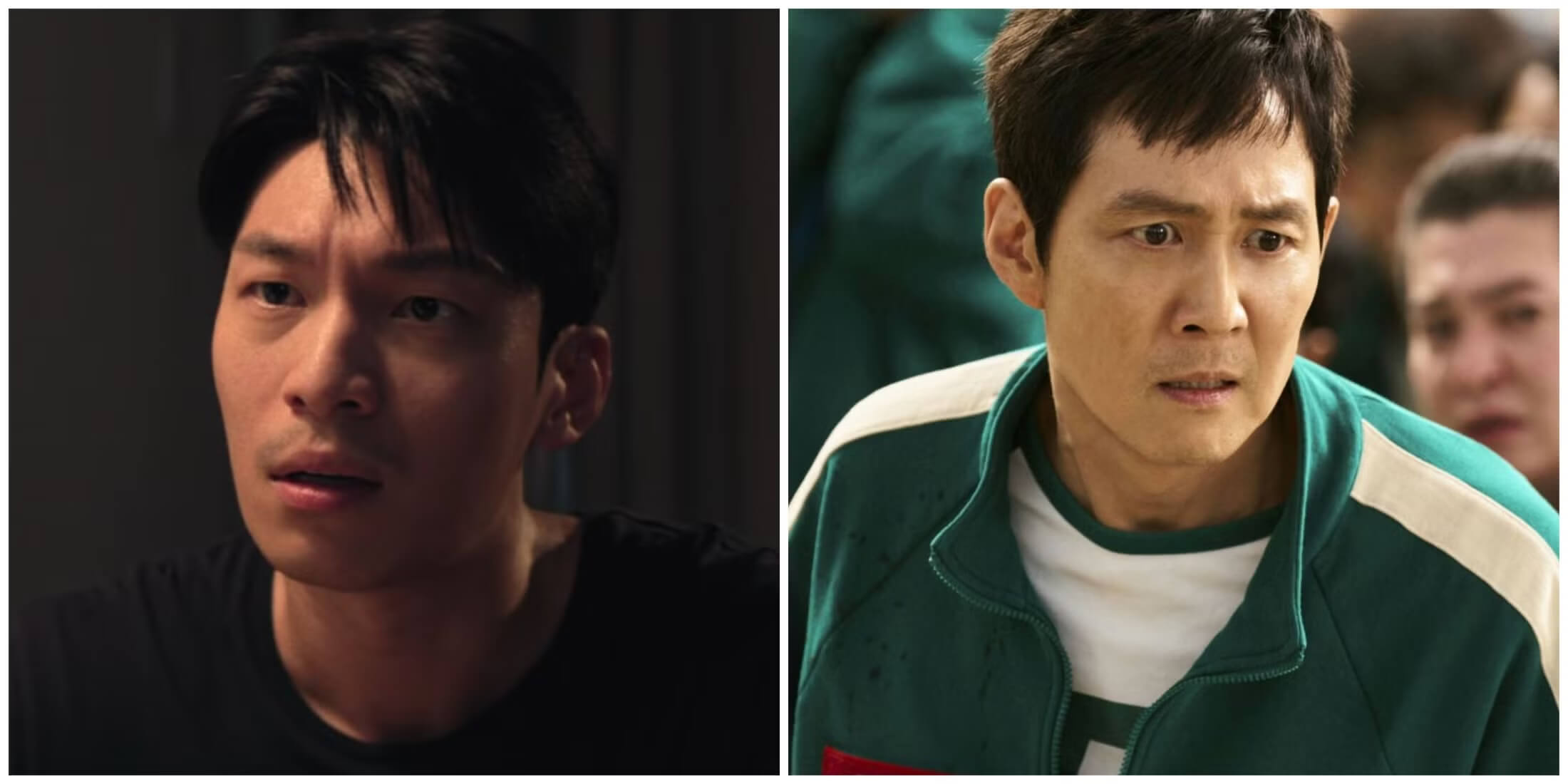
Q: Is a Front Man spin-off possible?
I’ve said all I wanted with Squid Game, but I’m open to a different tone. There’s a gap in the story—Captain Park (Oh Dal-su) has a photo with the ddakji man (Gong Yoo) and In-ho (Front Man). I’d love to explore their relationship over those three years, just for fun, not a message-driven story. Nothing concrete yet.
Q: Some predict the kids growing up to join the game.
I haven’t thought about that. The blood-stained clothes delivered by the Front Man were his twisted humor.
Q: Did you ever feel like giving up during Seasons 2 and 3?
It was a long journey. I revised the script during filming because of the large cast and incomplete drafts, inspired by the actors. Not resting after shooting to edit was exhausting. Every moment got harder.
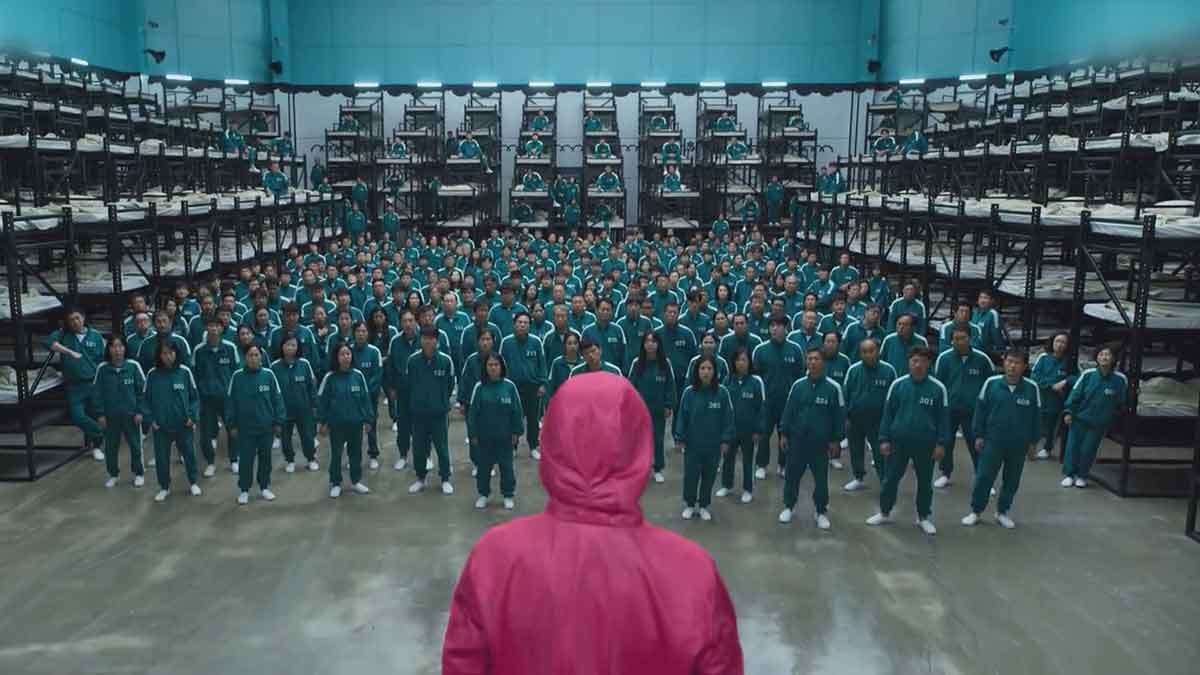
Q: Who changed the most?
Min-su and Nam-kyu’s relationship—Nam-kyu died first. Initially, they were just Young Man 1, 2, 3 or Thanos Crew 1, 2, 3, but the actors brought depth.
Q: Any unexpected moments?
Season 1’s poor initial Korean reception shocked me. Then overseas reactions boosted its global ranking, and it became a phenomenon in a week—a rollercoaster I pinched myself over.
Q: As Korea’s most successful director, what does Squid Game mean to you?
Reflecting on Gi-hun made me think about my work and life. It’s a work that made me proud but also humbled me.

Q: With overseas offers, you mentioned wanting to make a theatrical film.
I’ve received many offers, but I dropped from 62kg to 59kg and need to recover. The theater market is tough, and I worry about failing investors expecting success. I’m resting and reflecting on what to create next.
Q: Fans are worried about your teeth and weight.
I lost six teeth during Season 1 and two more during Seasons 2 and 3. I haven’t gotten implants yet; my gums swell when I’m tired. Few natural teeth remain.
Q: Gi-hun’s final line is “Humans are…” What follows?
Humans are selfish, destructive, cruel, and greedy, but sometimes full of humanity. They’re unpredictable. I wanted to leave it as a question for viewers. We must stop taking and sacrifice for a better future.




